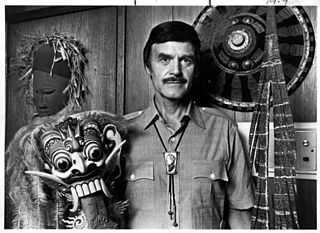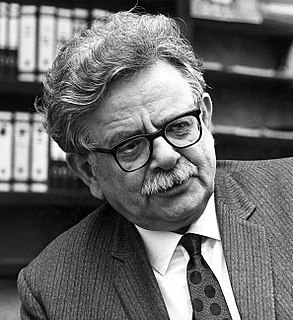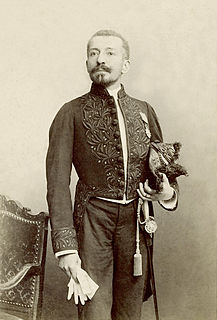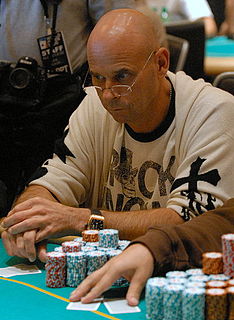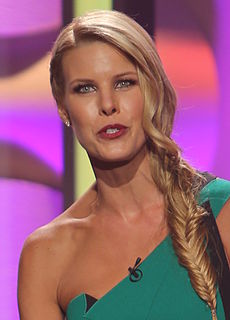A Quote by John Goddard
From early childhood I had always dreamed of becoming an explorer. Somehow I had acquired the impression that an explorer was someone who lived in the jungle with natives and lots of wild animals, and I couldn’t imagine anything better than that! Unlike other little boys, most of whom changed their minds about what they want to be several times as they grew older, I never wavered from this ambition.
Quote Topics
About
Acquired
Always
Ambition
Animals
Anything
Becoming
Better
Boys
Changed
Childhood
Dreamed
Early
Early Childhood
Explorer
Grew
Had
Imagine
Impression
Jungle
Little
Little Boys
Lived
Lots
Minds
Most
Never
Older
Other
Several
Somehow
Someone
Than
Times
Unlike
Want
Whom
Wild
Wild Animal
Wild Animals
Related Quotes
She had lived in that house fourteen years, and every year she had demanded of John that she be given a pet of some strange exotic breed. Not that she did not have enough animals. She had collected several wild and broken animals that, in a way, had become exotic by their breaking. Their roof would have collapsed from the number of birds who might have lived there if the desert hadn't killed three- quarters of those that tried to cross it. Still every animal that came within a certain radius of that house was given a welcome-the tame, the half born, the wild, the wounded.
Dena had always been a loner. She did not feel connected to anything. Or anybody. She felt as if everybody else had come into the world with a set of instructions about how to live and someone had forgotten to give them to her. She had no clue what she was supposed to feel, so she had spent her life faking at being a human being, with no idea how other people felt. What was it like to really love someone? To really fit in or belong somewhere? She was quick, and a good mimic, so she learned at an early age to give the impression of a normal, happy girl, but inside she had always been lonely.
Being someone who had had a very difficult childhood, a very difficult adolescence - it had to do with not quite poverty, but close. It had to do with being brought up in a family where no one spoke English, no one could read or write English. It had to do with death and disease and lots of other things. I was a little prone to depression.
I have no memories of my childhood in Texas. When I was about four, we moved to San Francisco. I was in the middle of seven brothers and sisters: three girls and four boys. Most of my older brothers and sisters got the blame for everything, and the little ones had a free ride. We loved each other but fought like cats and dogs.
In the older times it was seldom said to little girls, as it always has been said to boys, that they ought to have some definite plan, while they were children, what to be and do when they were grown up. There was usually but one path open before them, to become good wives and housekeepers. And the ambition of most girls was to follow their mothers' footsteps in this direction; a natural and laudable ambition. But girls, as well as boys, must often have been conscious of their own peculiar capabilities,--must have desired to cultivate and make use of their individual powers.
